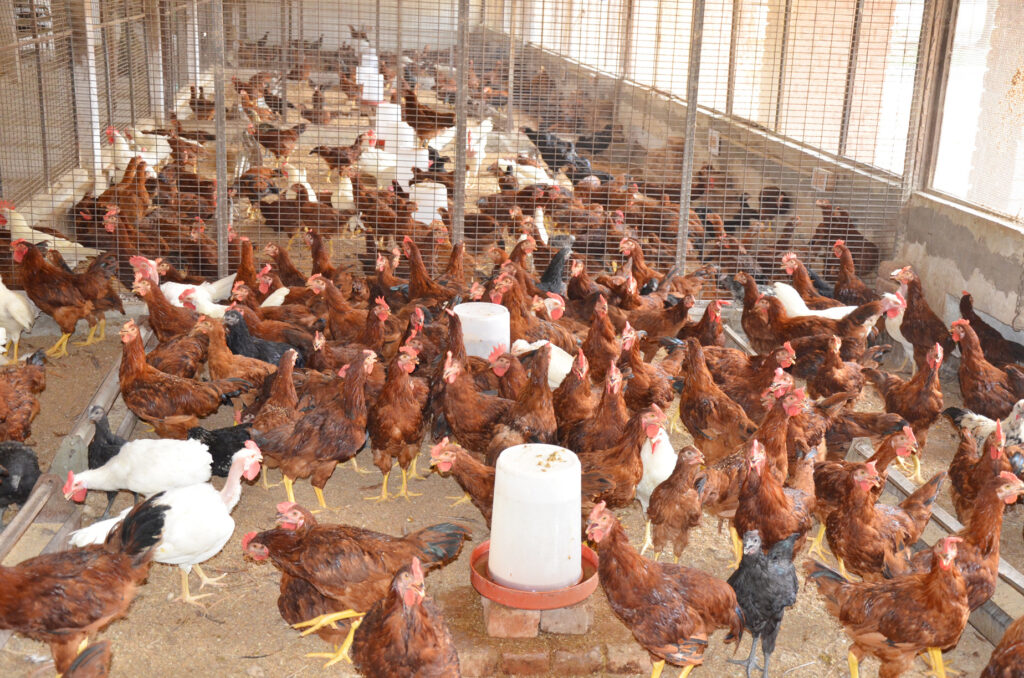Status of Avian Influenza in India; GADVASU issues advisory for poultry farmers, handlers & consumers
Solution World Bureau
New Delhi/Ludhiana, Jan 13: The Governmnent of India (GoI) and various state governments in the country are trying hard to find a solution to the Avian Influenza (Bird Flu) as more and more cases are pouring in.
On Wednesday more cases of Avian Influenza were confirmed in 10 states Further, cases of unnatural mortality of birds were reported in Ganderbal district of Jammu & Kashmir and four districts of Jharkhand.
Earlier on Tuesday, a video-conference was organised under the chairmanship of Secretary, Department of Animal Husbandry and Dairying (DAHD) which was attended by representatives from 17 states. Through the meeting, states were advised to efficiently manage the spread of Avian Influenza in their respective states in accordance with the Action Plan 2021. To deal with the situation the states were asked to coordinate with the department of health and forest and sensitize them about the issue.
The states were told to maintain sufficient supply of protective equipment and maintain bio-security measures in poultry farms. The states were also directed to identify BSL-II labs at the state level for speeding up the identification of infection in the state and timely introduction of control mechanism. The states were instructed to ensure that the infection does not spread among poultry, as it would have a high economic costfor the poultry farmers. It was found that many states are banning supply of poultry and poultry products from other states. As this would add to the negative impact on the poultry industry, the states were requested to reconsider such decision.

Awareness generation activities through newspaper advertisements, seminar etc are being conducted byseveral states. The states were motivated to continue such awareness generation activities with support from their state Directorate of Information and Public Relations and were assured about availability of funds for such activities. States should issue advisories on DOs and DON’Ts regarding consumption of poultry and eggs, so as to avoid spreading of rumours/ misinformation thereby leading to economic loss for the poultry farmers.
Meanwhile, Guru Angad Dev Veterinary and Animal Sciences University (GADVASU), Ludhiana has issued an advisory for the poultry farmers, handlers and consumers in view of Avian Influenza (Bird Flu).
The GADVASU advisory said that Bird Flu has already hit several states of India including adjoining states of Punjab. However, there is no report of bird flu in Punjab but our poultry farmers need to be more vigilant. Bird flu is a disease of birds, caused by Avian Influenza Type A virus, which could affect several kinds of birds including wild birds, turkeys, quails, chicken and ducks etc. Virus is shed in the faeces, nasal discharges and saliva of infected birds. Healthy birds become sick when they come in contact with the infected/reservoir birds or their secretions or contaminated feed, water or equipment. Rarely this disease transmits from birds to humans. However, the persons working in close contact of birds must follow proper personnel hygiene and safety measures.
Dr Jasbir Bedi, Director, School of Public Health and Zoonoses of GADVASU said that consumers must thoroughly cook poultry and poultry products (including eggs) before consumption. Proper cooking on more than 70° C kills influenza viruses. Farm to farm transmission usually occur through the movement of the live birds, people and contaminated vehicles, equipment etc. Entry of person or vehicles in the poultry farm should be regulated.
“One should inform the local veterinarian, in case he/she come across something aberrant, for example death of wild or migratory birds in the vicinity of the farm,” said Dr Rajnish Sharma, Assistant Professor, School of Public Health and Zoonoses.
Dr Sharma further said, “Don’t handle dead birds with bare hands. Dispose of the dead birds cautiously under the guidance of local veterinarians, either by burning or burying in a pit. While disposing them of, one should wear mask, gloves and safety goggles. If gloves not available, use an inverted polythene bag and wash your hands after the disposal. Open water troughs or farm tanks should be covered in order to avoid the fecal contamination by wild or migratory birds. Trees in the farm or near its boundary should be pruned. Other measures include maintaining sanitation of poultry farm and avoiding introduction of birds of unknown disease status.”

Best view i have ever seen !